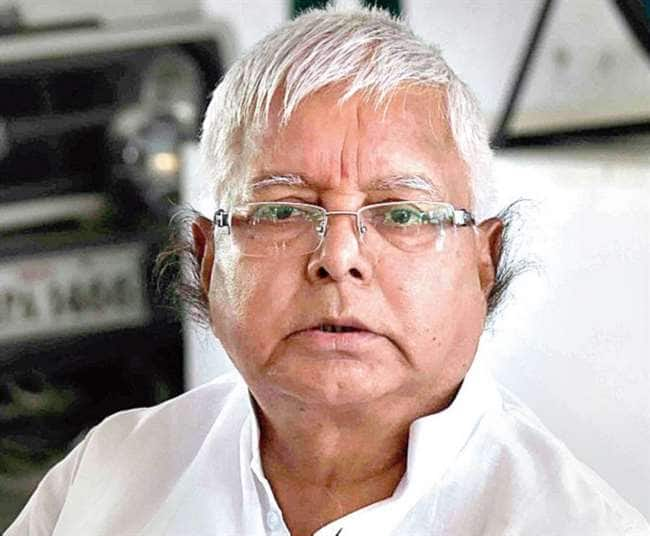Causes Of Irregular Periods And Menstrual Issues –  Menstrual Problems Among Indian Women Up 15%, PCOS By 29%
Menstrual Problems Among Indian Women Up 15%, PCOS By 29%
GOQii’s Women’s Health Report titled, ‘Women’s Health Matters’ is part of the India Fit Report 2022. For the study, the Indian fitness technology company surveyed 2000 women to specifically understand the health issues they are facing. According to the survey results, menstrual problems and PCOS are two persistent issues among women over the years.
The data showed that menstrual problems in women have increased in 2021 to an average 38.8 per cent as against an average of 32.8 per cent of female health issues in 2020, a jump of 15 per cent. Women with PCOS have was reported at 31 per cent, an increase of 29 per cent from 2020.
However, the survey found a decrease in Urinary Tract infection (UTI) and vaginal discharge by 25 and 26 per cent respectively from 2020.
Speaking about the study, Vishal Gondal, Founder & CEO of GOQii, said, “In a household, women are the cornerstone of the family’s overall health and hence are the CEO of the house. Often, they are focused on the health care of their spouse or children, while neglecting their own needs. It is time we help them bring focus onto themselves, it is time women get the same level of guidance and care.”
Causes of irregular periods and menstrual issues
Further, the GOQii Women’s Health Matters report 2022 revealed that more than half of the women (57.14 percent) have regular cycles, which last less than 30 days. Between two menstrual cycles, 9 per cent of women acknowledged receiving periods between 31 to 35 days. About 10 per cent of women reported having irregular periods, defined as a period that lasts longer than 35 days between two consecutive periods.
The report indicated that irregular periods could be caused by a variety of underlying issues such as polycystic ovarian syndrome (PCOS), hormonal imbalances, stress, hyperthyroidism (hyperthyroidism) or hypothyroidism (hypothyroidism), and so on.
Menstrual disorders such as dysmenorrhea, menorrhagia, and irregular cycles are common among women in the reproductive age group. These disorders are responsible for physical, behavioural, and emotional changes around the time of menstruation. They can affect the normal functioning and social life of women and limit their daily activities the report stated.
As observed from the poll, over 67.3 per cent of teen women suffer from menstrual issues such as pains, irregular periods and heavy flow starting from their teens and well into their adulthood. The percentage accelerates during the young adult age group before finally stabilizing in their 60s.
Doctors have also reported a rise in the percentage of women seeking appointments for irregular periods and menstrual issues, citing excessive stress, lack of exercise and unhealthy eating habits as major reasons behind it.
Management of irregular periods
The report noted that the COVID-19 lockdown has caused unprecedented levels of psychological stress on women’s mental health, leading to release of excessive prolactin and cortisol hormones in their bodies. This interferes with their normal estrogen-progesterone cycle – which is responsible for regulating their periods.
As suggested by the report, irregular periods can be managed with a variety of lifestyle modifications, such as eating a good diet, exercising regularly, and using hormone therapy, among other things.
Infertility in women
The report also highlighted the issue of female infertility, which some women did talk about. Female infertility can result from age, physical problems, hormone problems, and lifestyle or environmental factors. It can also be caused by endometriosis, uterine fibroids, or thyroid problems.
In the GOQii study, 98.13 per cent of the women polled had no family history of infertility. But 1.88 per cent of them said they had a family history of infertility.
Of the 219 women surveyed, 57.18 of them were able to get pregnant quickly. Though 23.81 per cent had some difficulty getting pregnant, they were able to do so eventually. However, 14.29 per cent of the women polled are not able to get pregnant and are seeking medical assistance. Disorders with ovulation, obstructed fallopian tubes, endometriosis, PCOS, early menopause, fibroids, and thyroid problems are all possible causes of their fertility issues, the report stated.
Treatments for infertility include fertility medicines that modify hormone levels to induce ovulation, and surgery to unblock blocked fallopian tubes and remove uterine fibroids and polyps. Endometriosis surgery doubles a woman’s chances of becoming pregnant.
Maintaining a healthy weight is suggested for better fertility, as overweight and underweight women are at increased risk of ovulation disorders. But exercise moderately. The report cautioned that strenuous, intense exercise of more than five hours a week is associated with decreased ovulation. It is also important to reduce stress for better fertility.
In conclusion, the GOQii report stated that a healthy lifestyle that consists of regular exercise and a proper balanced diet can solve a majority of women’s health issues. Take precautions from a young age by following a good diet, avoiding stress and having a regular exercise routine, it added.









